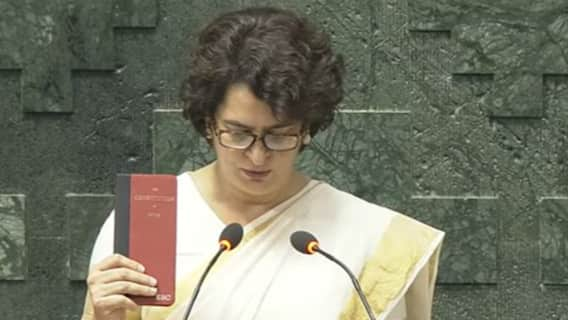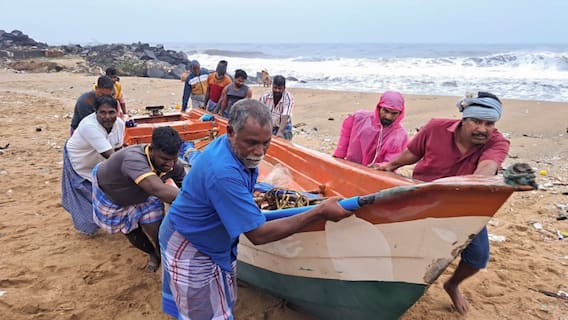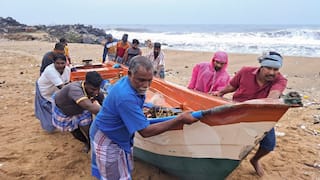Govt, ADB ink USD 250m loan agreement

New Delhi [India], Jan 30 (ANI): The Government of India and the Asian Development Bank (ADB) signed a USD 250 million loan agreement on Tuesday, a notification from the Ministry of Finance read.
The first tranche loan is part of the USD 500 million Second Rural Connectivity Investment Program for India approved by the ADB Board in December 2017.
The Second Rural Connectivity Investment Program is aimed at improving rural connectivity, facilitating safer and more efficient access to livelihood and socio-economic opportunities for rural communities through improvements to about 12,000 kilometres of rural roads across the five states mentioned.
The loan agreement on behalf of the government was signed by Joint Secretary (Multilateral Institutions), Department of Economic Affairs, Sameer Kumar Khare.
Khare said that the ADB-funded investment program will provide continued assistance to the PMGSY and support the government's long-term goal for rural development.
He also said that the programme is likely to have a transformative impact in terms of rural economy and would also bring in greater efficiency in terms of access and connectivity for the rural people in the five states.
Under the project, about 2,000 technical personnel would be imparted training on road safety and maintenance.
Country Director of ADB's India Resident Mission, Kenichi Yokoyama, who signed the agreement for ADB, said that the investment program will support the government's drive for innovative approaches to reduce costs, conserve non-renewable natural resources, and promote the use of waste materials in rural road construction.
He said that road maintenance will be ensured through the provision of a five-year post-construction maintenance in each civil works contract.
The investment program builds on the USD 800 million ADB-financed first Rural Connectivity Investment Program in 2012 that added about 9,000 kilometres of all-weather rural roads in the same states.
In view of increased rainfall and storm surges in the project states, the road designs will take into account these climate risks with measures such as greater elevation of road embankments, slope protection, and better drainage in flood-prone areas.
Women were extensively consulted during the project design and will gain some key benefits, including improved access to healthcare, livelihoods, and schooling. (ANI)
This story has not been edited. It has been published as provided by ANI
IPL Auction 2025
Top Headlines
Trending News






































